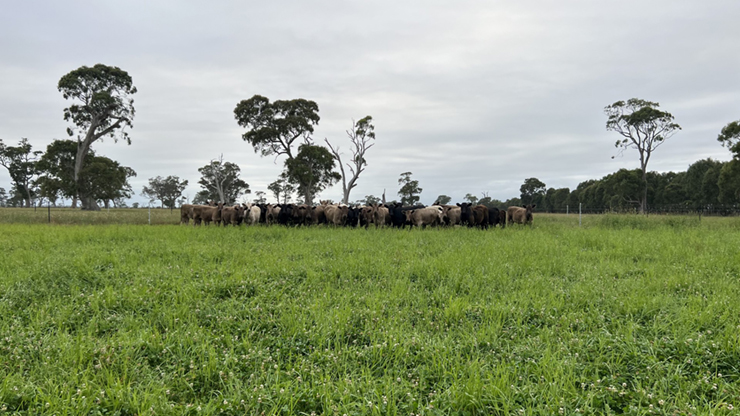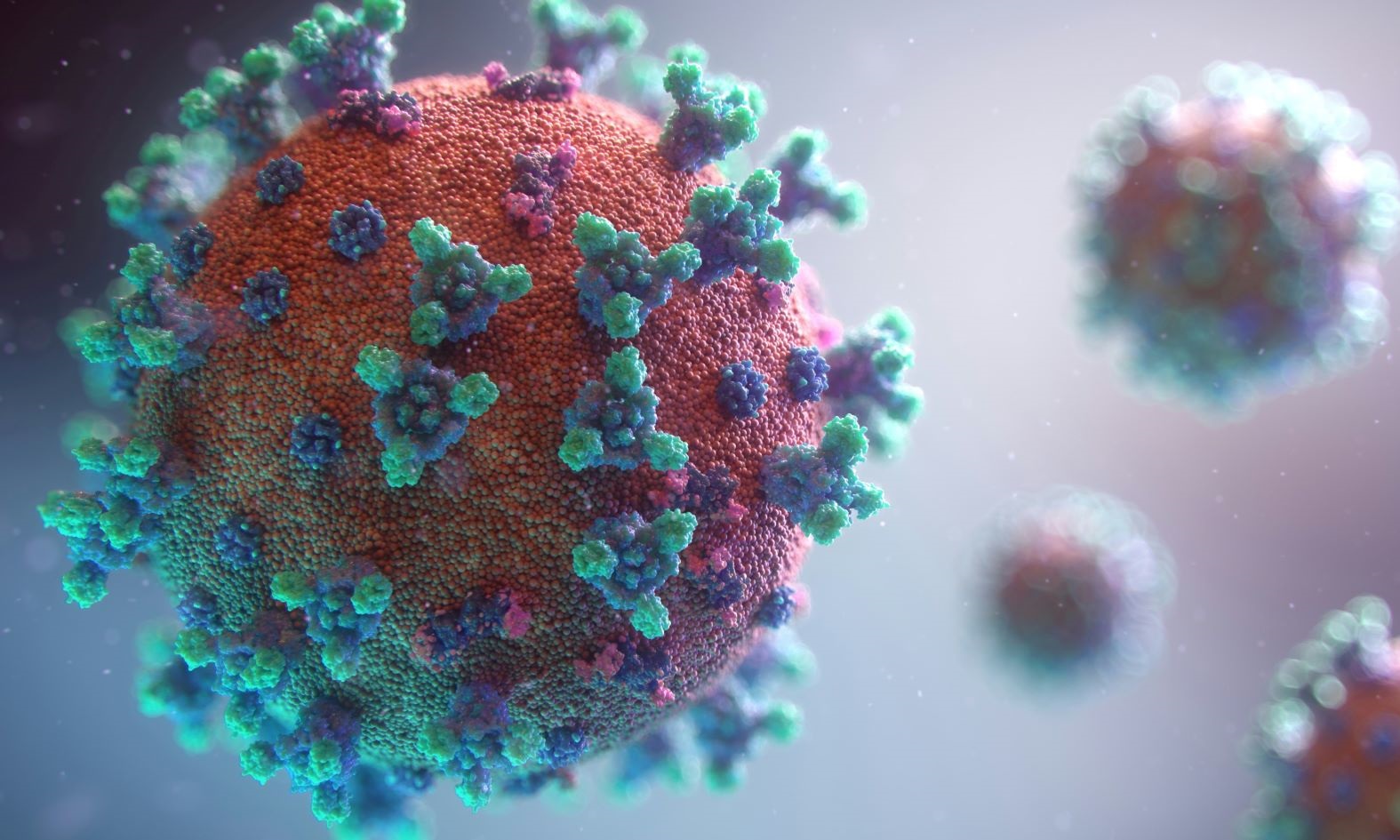
When a person is described as the salt of the earth, it is a compliment. However, too much actual salt in the earth is a major environmental and economic concern, as most crop plants are not salt tolerant.
In seeking ways to improve salt tolerance in plants and to tackle the challenge of rising soil salinity, Professor Bronwyn Barkla’s research extends outward from a focus at the cellular level. From there it builds a larger and clearer picture of what is happening in the plant and what might be done to apply this knowledge.
One plant – Mesembryanthemum crystallinum, better known as the common ice plant – is showing the way due to its intriguing method of salt accumulation and sequestration. Mesembryanthemum crystallinum is better known as the common ice plant.
Native to South Africa, it also grows in Australia and elsewhere in the world. Scientific interest lies in its role as a hyper-accumulator of salt and how this property might be harnessed towards improved salt tolerance in other plants, soil regeneration and greater crop yields.
“Whereas most flowering plants have tiny hair-like structures called trichomes, the common ice plant has modified trichomes called bladder cells on its leaves, stems and flowers that serve as specialised sites for salt accumulation,” said Professor Barkla, previously Director of Southern Cross Plant Science and now Associate Dean (Research) Science in the Faculty of Science and Engineering.
“If we can learn how the bladder cells develop on the plant and what mechanisms are involved in regulating this process, we might be able to use this information to improve the salinity tolerance of our crops. For example, if we could understand what triggers the enlargement of the bladder cells, we could use this information to make cells bigger in general, and this could be a way to increase yield in crops.
“Furthermore, the ice plant has quite a quick growth cycle of about 15 weeks, so once it has accumulated the salt in the aerial tissue, you can chop it off at ground level, and this would effectively remove the salt from the soil with every new generation of the plant. This plant also has economic value and is becoming increasingly popular as a deliciously salty salad ingredient. Saline agriculture is an area that Australia should be looking at more closely.”
Professor Barkla came to Southern Cross University in 2014 after a successful international research career. While her accent betrays a distinctive Canadian brogue, she was born in Shepparton, in rural Victoria, before moving to Canada with her family at the age of twelve.
She received her Bachelor of Science (Biology) at the University of Toronto, followed by her Masters (Botany) in 1989 and PhD (Botany) in 1994. Then came a year of conducting postgraduate research in the Department of Plant Sciences at the University of Oxford.
For twenty years, Professor Barkla was a leading researcher at the Biotechnology Institute of the ³Ô¹ÏÍøÕ¾ Autonomous University of Mexico. Based in Cuernavaca, about 90 minutes south of Mexico City, it is a leading and diverse international institution and Professor Barkla may have stayed were it not for concerns over the rising crime rate in Mexico.
“I was drawn to return to Australia and it coincided with a position at Southern Cross University. I immediately felt at home. We have such a great team across the university. We know each other, and this helps to develop cross-disciplinary research.”
As Associate Dean of Research, Professor Barkla oversees the research strategy across a faculty that is thinking big on the major issues of today – environmental sustainability, food and crop improvement, information technology and smart environments. Importantly, the Faculty’s broad vision is grounded in community and industry engagement.
“The Northern Rivers is an entrepreneurial region with people interested in developing new products, which is exciting,” she said. “Our projects with macadamias, tea tree, coffee, passionfruit, rice and other crops find us working closely with local growers, while other initiatives – such as our ReCirculator waste management project – require collaboration with local industries and local government.
“These demonstrate a shared regional focus on enabling better and more sustainable products, as well as improved strategies that support the local economy and the environment.”








